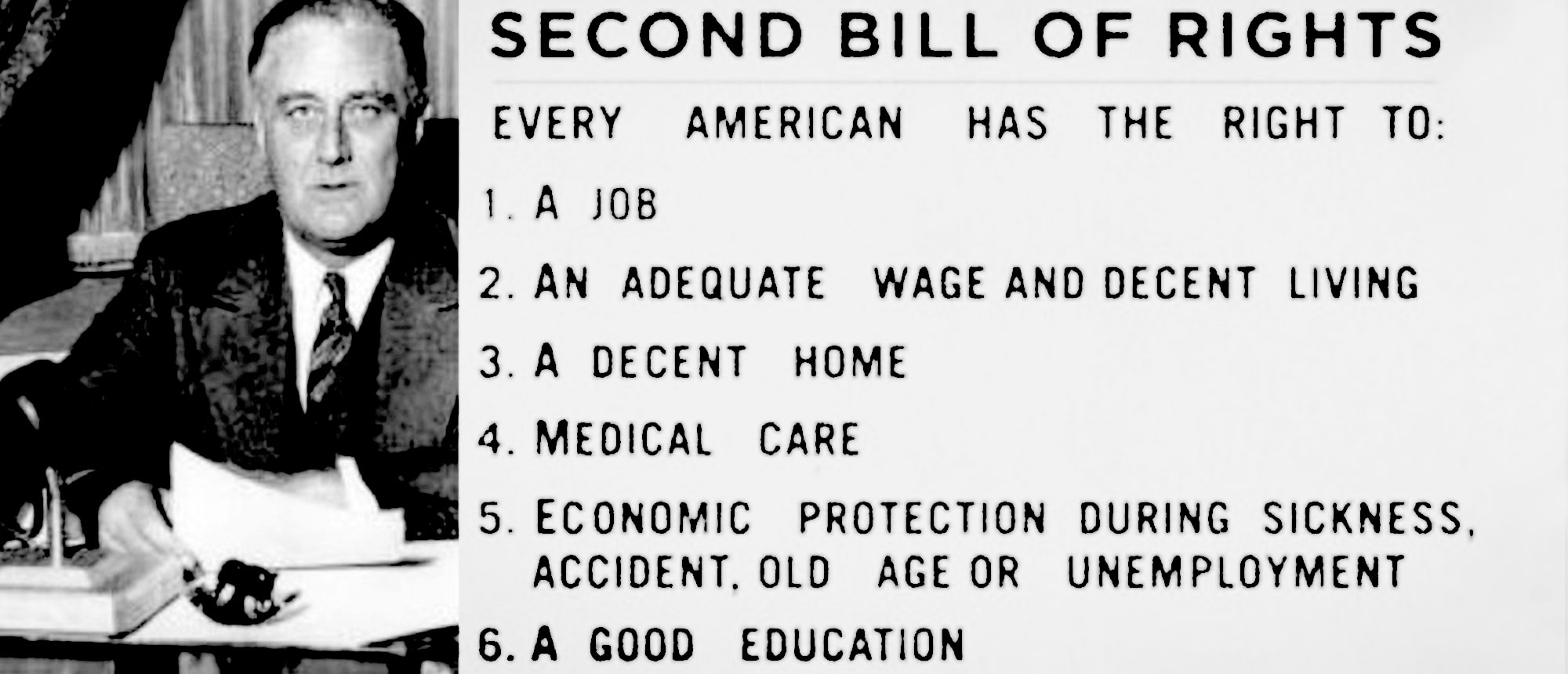(ThyBlackMan.com) During their recent chit-chat with President Donald Trump, the Congressional Black Caucus members made it plain that they were not there simply for a photo-op or just to engage in meaningless conversation. So, they had a serious discussion about what Black folks need Trump to do in several areas, i.e. education, criminal justice, economics, workforce, rural America, environmental, and health. And, they put it in writing—a 125-page document titled, “We have a lot to lose – Solutions to advance Black families in the 21st Century.”
According to news reports, Rep. Karen Bass, D-California, said the group raised “several areas of concern” but added that it was a “positive start.” According to Bass, among the concerns raised were Trump’s campaign rhetoric depicting African-American communities as “completely lawless,” his proposed budget cuts, mass incarceration, and the “rolling back” of the Voting Rights Act.
The CBC began its document by giving Donald Trump a Black history lesson, saying, “…to consider the state of Black America without historical context denies the origins of the problems that continue to plague our communities, as well as the centuries-long battle to bring our people to this point.” The CBC cited every era from enslavement to civil rights; the one that drew most of my attention was enslavement.
The document stated, “Slaves literally built this country, including the United States Capitol and the White House. The uncompensated labor of millions of slaves established the wealth of White America, unjust profits that have never been repaid.” I got excited when I read that part; I kept reading and assumed I would soon get to see the CBC’s demand for reparations, in some form or another to compensate our ancestors’ families for their free labor. I kept reading.
Surely I would find their position on reparations in the next section: Reconstruction. I kept reading. The Great Migration period was next—no mention of reparations yet, but I still had hope. Then came The Great Depression, The New Deal, World War II, Jim Crow, and The Civil Rights period. Where was the demand for reparations for Black people, considering everything that was pointed out in the document? I kept reading.
Eureka! Finally, I thought. It has to be in the section titled, “Solutions for the African American Community,” which would bring to life the statement its members made in the document, namely, “The CBC has always been committed to actions infused with ‘moral clarity’ and a desire to honestly and forthrightly represent the interests of our constituents, the African-American community, and all Americans.” Yes, I cringed when I read, “and all Americans,” wondering how the CBC could represent the interests of “all,” after citing the words of founding member, Bill Clay, regarding Black “permanent interests,” at the beginning of their document. Maybe the reference to “all” was written in error. I kept reading.
When I read, “Members have always been at the forefront of issues such as economic security and empowerment…” I knew the organization that calls itself, “The conscience of America,” would lay it all out at that point, making its moral case on reparations. I kept reading. Then I read, “Our collective efforts have echoed throughout Congress for decades, and together, we will continue to stand for the many Americans who expect the Caucus to be sound and principled leaders dedicated to progress. Accordingly, we highlight the following problems across several facets of Black life and offer ‘bold solutions’ to advance Black families in the 21st century.”
I kept reading, only to find that each section thereafter, replete with Black problems followed by CBC solutions, said absolutely nothing about reparations. As a matter of fact there was not even an honorable mention of senior CBC member, John Conyers, who has served since 1965,for introducing H.R. 40 and bringing it up each year since 1989. He only asks for a commission to “discuss” the economic impact of 250 years of enslavement, but his resolution has never made it out of committee.
The CBC walked right up to the reparations line in its “We have a lot to lose,” document; they made a great case for us, but they failed to cross that line by including reparations in their demands—or should I say, “suggestions” to President Trump. I stopped reading.
Clarence McKee wrote in Newsmax, “Since they [CBC] got virtually nothing from Obama to deal with issues impacting significant proportions of their constituencies, you can bet that they… will demand more of Donald Trump than they ever did of Obama.” I don’t know, Clarence; Obama did not support reparations either, so maybe the CBC felt bad about asking Donald Trump to do so.
It took a lot of work to write, so I think I will read the document again. A call for reparations has to be in there somewhere.
Written By James E. Clingman
Official website; http://www.blackonomics.com/




















Leave a Reply